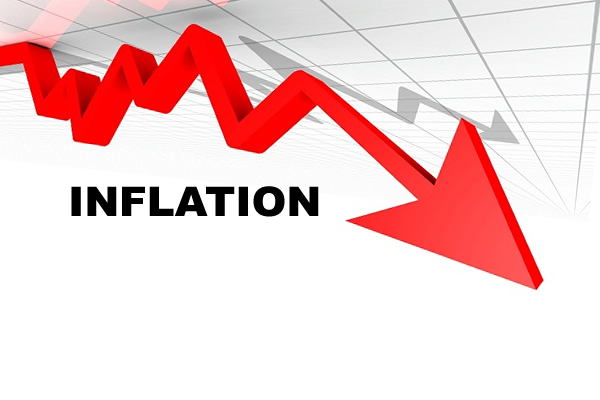
Going by the economic challenges the present administration in Nigeria has to contend with, characterised by declining GDP, huge indebts, inflationary pressure, high unemployment rate, multidimensional poverty level, in addition to the United Nations’ forecast that the country’s population would be about 400 million by 2050, the task of driving the economy by creating enabling environment for attraction and retention of massive domestic and foreign direct investment has become urgent.
The new administration has been applauded for designing and implementing a transformation agenda expected to give Nigeria a new lease of economic life; by reversing the drift and restoring Nigeria on the path of sustainable inclusive growth and development. The question to ask is what is the readiness level of relevant institutions of government to support the realisation of the economic agenda of the Tinubu administration?
In President Bola Tinubu’s inaugural speech on May 29, 2023, the Federal Government reaffirmed its commitment to positioning the country as one of the world’s top 20 economies. A critical aspect of achieving this goal lies in the growth and enhancement of Nigeria’s private sector, supported by a conducive business environment. President Tinubu outlined his vision for economic transformation and emphasised specific priority areas for his administration.
Recognising the importance of domestic and foreign investment, the government aims to focus on implementing practical measures involving incremental legislative, regulatory and policy reforms designed to remove all inhibitions undermining the flow of investment into the economy and for Nigeria to get full benefits of domestic and foreign investments to tackle unemployment, rapid development of infrastructure, attract modern technology and generally foster economic growth.
While short-term measures are crucial, Tinubu stressed the significance of long-term commitments. These include developing a reliable network of transportation and power infrastructure across the country, improving security, ensuring a predictable and stable business environment providing advance notice of any regulatory changes, and addressing governance at the federal, state, and local levels.
Here lies the critical role of the Nigerian Investment Promotion Commission as the agency of government with statutory mandate of coordinating the inflow of private capital into the economy. NIPC is also saddled with the responsibility of designing and implementing measures required to attract investments including ensuring that the business environment is supportive of private sector growth, as well as advising the Federal Government on measures that will improve Nigeria’s competitiveness as a preferred destination for investments.
To demonstrate the readiness level of NIPC to support the implementation of measures outlined in the president’s inaugural speech and subsequent announcement of policy measures on the development priorities of the administration, NIPC recognises the need to reposition and align its Investment promotion strategies with the transformation agenda of the Tinubu administration.
To further demonstrate the required political will to change the economic fortunes of Nigeria, the president set up the Policy Advisory Council to come up with an economic blueprint to support the delivery of sustainable and inclusive economic growth. With the president’s determination to revamp and transform the nation’s economy, all eyes are on the NIPC.
Considering the administration’s emphasis on economic recovery is heavily dependent on attracting sustainable Foreign and Domestic Direct Investment, it follows that the task ahead of NIPC is huge. It requires institutional strengthening, capacity up-scaling and alignment and repositioning for effectiveness. Last month, the president also inaugurated the National Economic Council headed by Vice President Kashim Shettima in accordance with the provisions of the Constitution of the Federal Republic of Nigeria, 1999, as amended; Section 153(1) and paragraphs 18 & 19 of Part I of the third schedule.
He said the task of growing the nation’s economy was enormous and that there must be “no excuse for failure.”
According to investment experts, to make the new administration meet its target of economic transformation, there is need to properly prepare, equip and empower NIPC to frontally align its investment promotion strategies in line with the PAC report and other priority programmes of the Federal Government.
NIPC has a country focused investment promotion strategy aimed at attracting responsible, inclusive, balanced and sustainable investments in line with best practices and has been taking its campaign of Nigeria’s preparedness to receive investors to give comfort to high net-worth investors and transnational corporations on investing in Nigeria. This is by conveying in clear terms the current administration’s efforts at investment climate improvement and availability of abundant incentives in the country.
In line with the present administration’s drive towards improving the ease of doing business, NIPC has automated and is poised to fully digitalise the processes at the one-stop investment centre which houses 27 regulatory agencies of the Federal Government by creating the single window investors’ portal.
As part of NIPC’s strategic stakeholder engagements, the commission has intensified its collaboration with state governments. The NIPC in furtherance of its collaboration with the state governments to attract FDI into the country has developed the book of states in partnership with the Nigeria Governors’ Forum. These and other activities are geared towards ensuring a nationwide and whole-country approach to making Nigeria attractive and competitive.




